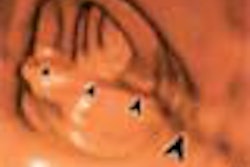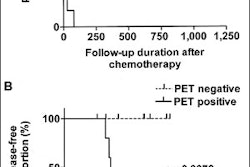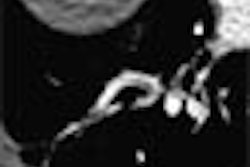Dear CT Insider,
They don't always get a lot of publicity, but some U.S. facilities are performing CT screening with an abundance of caution. One of them is the Mayo Clinic. Dr. Frank Earnest, director of CT practice for the Rochester, MN-based group, discussed the clinic's go-slow approach at the 2003 International Symposium on Multidetector-Row CT, hosted by Stanford University.
Screening asymptomatic patients isn't something the practice wants to do a whole lot of right now, Earnest said. As it stands, screening exams are undertaken only as part of a clinical trial, or following a personal physician's referral. Patients are given ample opportunity to discuss symptoms and suspicions. The results are correlated to any previous studies, and to patients' medical histories. Mayo does not offer two-for-one specials on Valentine's Day.
But interestingly, its recent trials have produced some weighty arguments in support of more widespread screening. A virtual colonoscopy trial found extracolonic findings of high clinical importance in 10% of subjects. In a lung screening and follow-up trial of 1,520 smokers, researchers diagnosed lung cancer in 2.6% of subjects, along with 690 other clinically important findings. Click here for the rest of the story, published for CT Insiders before it's made available to the rest of our members.
And in today's CT Digital Community, Dr. Morton Bosniak offers advice on differentiating the kidney lesions that bear his name. Separating more complex Category II lesions (nonsurgical) from some less-complex Category III lesions (surgical) is important because their recommended management is different, according to the story by contributing editor Tracie L. Thompson.
We're always on the lookout for cutting-edge CT research. If you're interested in contributing a story for our CT Digital Community, please let me know.




















